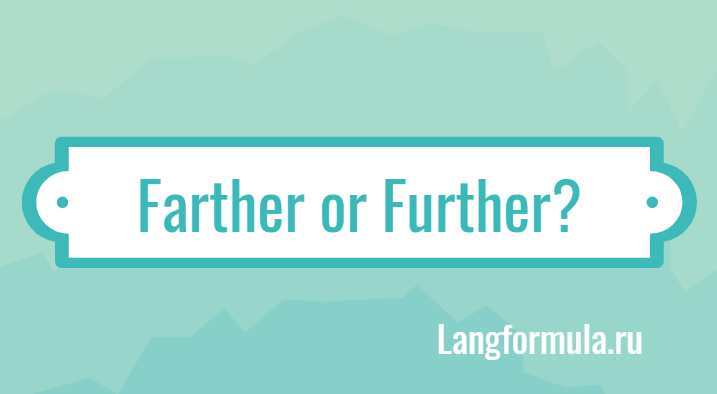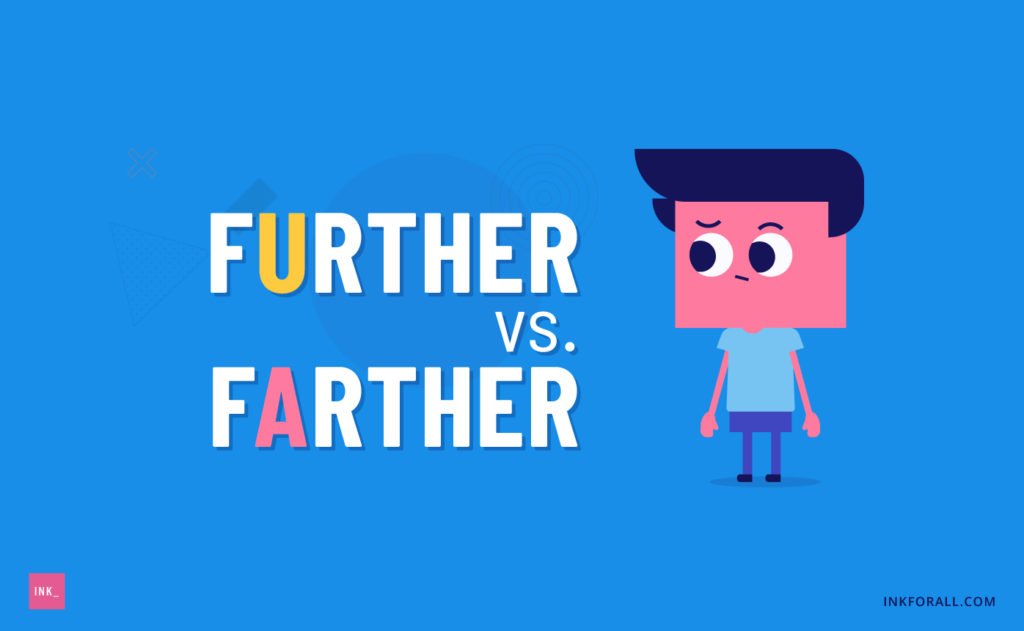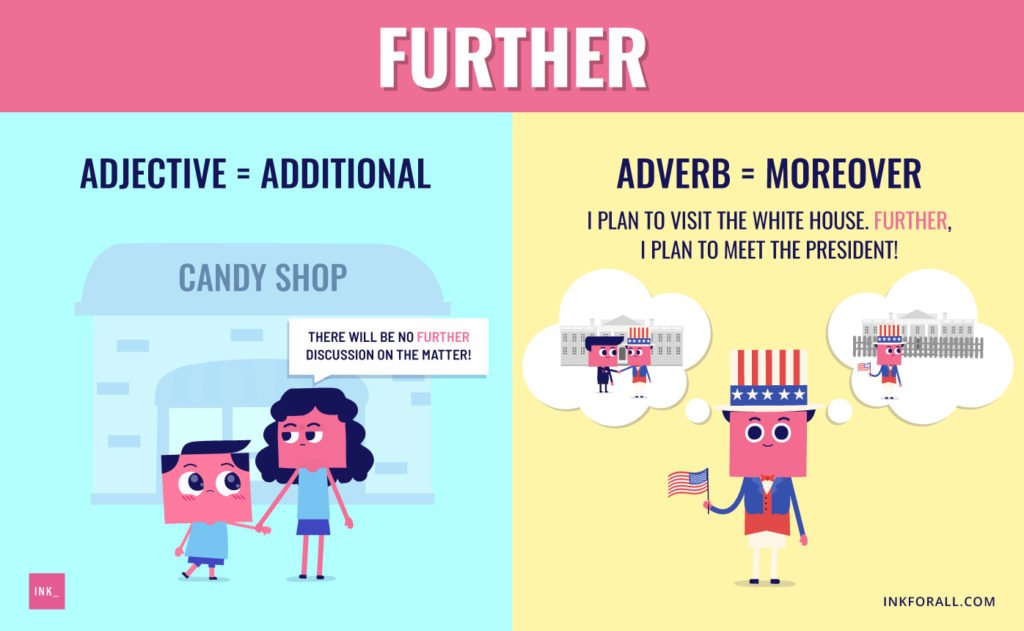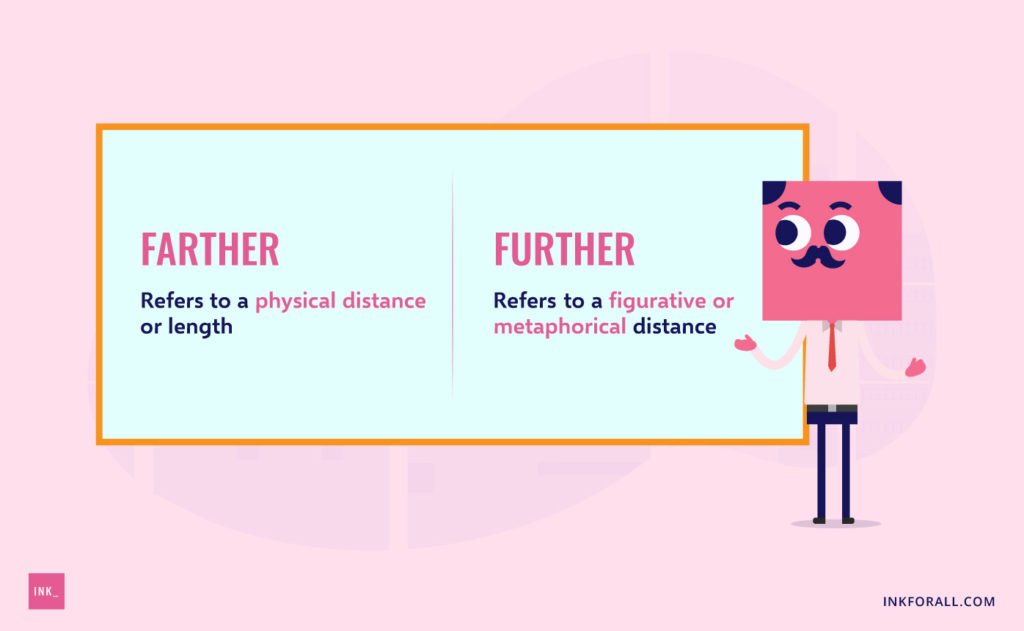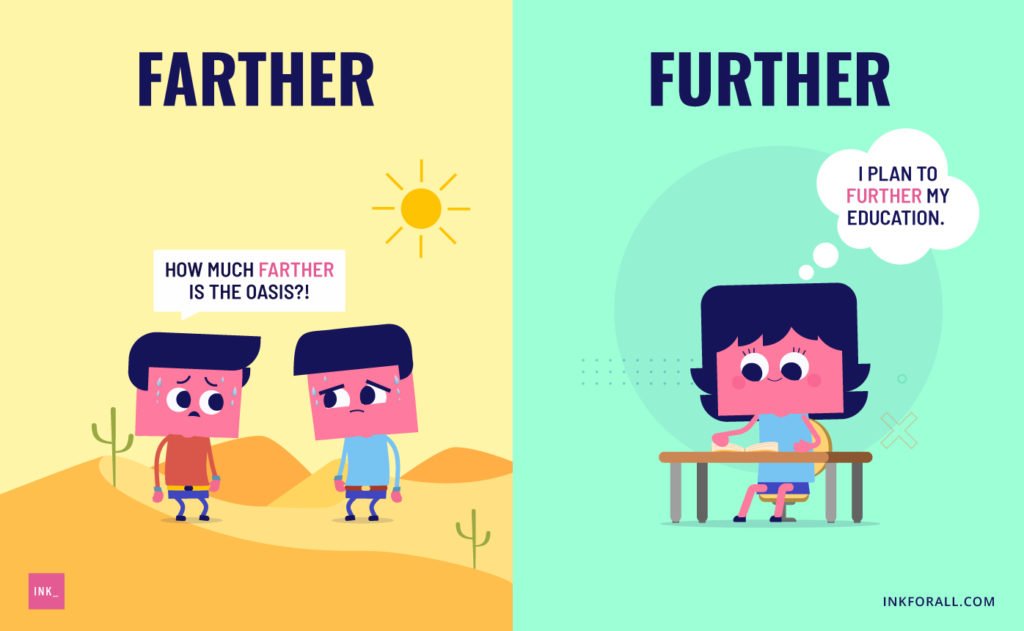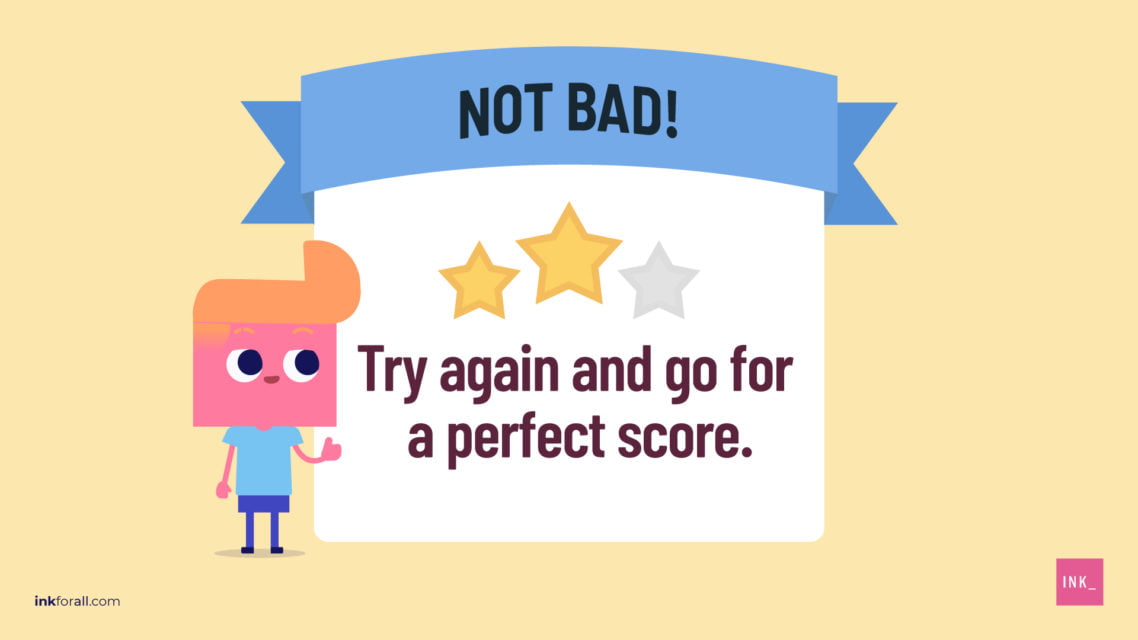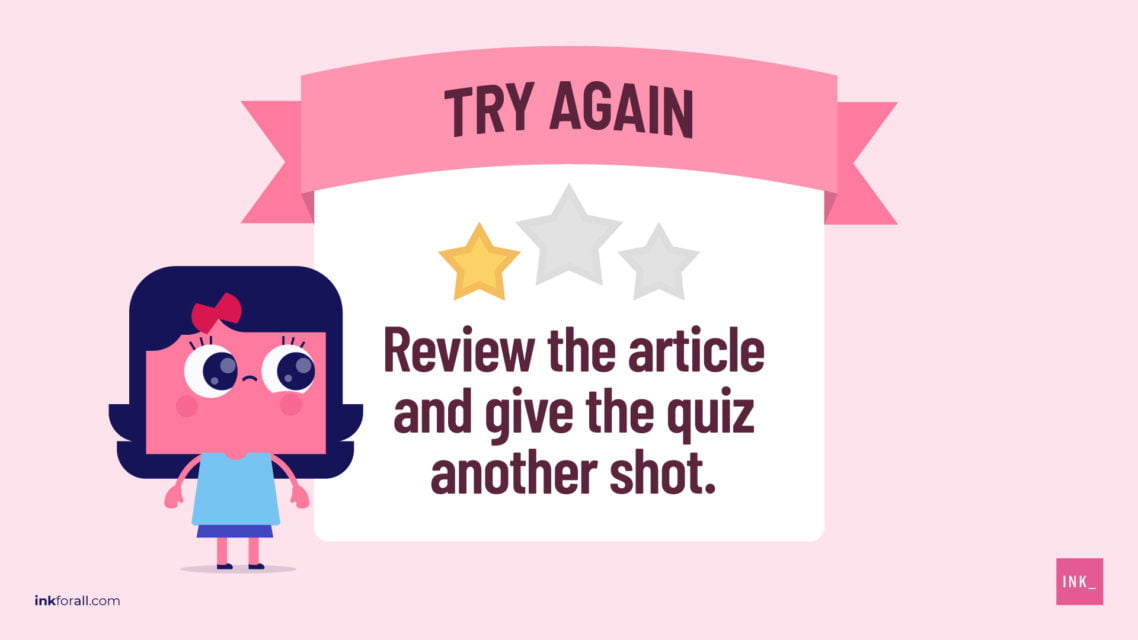Слова farther и further — это far («далеко») в сравнительной степени, то есть «дальше». Тем не менее, есть разница в том, как употребляются farther и further.
Разница между further и farther более существенна в американском английском. Заключается она в следующем:
- farther — это «дальше» в буквальном смысле, когда речь идет о физическом расстоянии,
- further — это «дальше» в переносном значении, когда мы говорим о продолжении какого-то действия.
Например:
We can’t go any farther, it’s dangerous in the woods. — Нам нельзя идти дальше, там в лесу опасно.
The village is five miles farther. — До деревни еще пять миль (букв.: деревня в пяти милях дальше).
В обоих примерах речь идет о физическом расстоянии. Теперь примеры с further:
We’ll go no further with this project. — Мы не будем дальше работать над этим проектом.
You’ll get further into debt. — Ты еще больше (букв.: дальше) влезешь в долги.
Как видите, здесь речь не идет о физическом расстоянии.
В британском английском разница между этими словами более размытая. Farther и further могут использоваться в обоих значениях: как физическое расстояние, так и «дальше» в переносном смысле.
Примеры:
I can’t walk no further/farther. — Я не могу идти дальше.
I won’t read this book any farther/further. — Я не буду дальше читать эту книгу.
Спорный случай с farther и further
Иногда неясно идет ли речь о расстоянии в прямом смысле или переносном, например:
I got no f?rther than the second chapter, then the book just bored me. — Я добрался не дальше второй главы, затем книга мне просто наскучила.
Можно сказать, что здесь «дальше» используется в переносном значении, т. к. речь идет о чтении, а не пешей прогулке. С другой стороны, чтение в данном случае тоже связано с физическими величинами, т. к. речь идет о прочтении определенного количества страниц, что можно с натяжкой посчитать за расстояние. В подобный случаях, подойдет любой вариант — хоть farther, хоть further.
Farther и Further в других значениях
«Дальше» — это не единственное значение farther и further.
- Farther может использоваться как прилагательное «дальний», «находящийся вдали», когда речь идет о чем-то находящемся далеко от говорящего. В этом случае используют именно farther, а не further, даже в британском английском.
The exit is on the farther side of the field. — Выход на дальней стороне поля (на той, что вдали).
- Прилагательное further (именно further, а не farther) может значить «дополнительный», то есть дополняющий что-то уже имеющееся.
For further information click here. — Для дополнительной информации нажмите сюда.
You will be given some further instructions. — Вам будут даны дополнительные (дальнейшие) инструкции.
- Глагол to further значит «продвигать», «углублять» (в перен. значении), «помогать развитию», но встречается редко, т. к. используется в формальной речи.
This achievement will further your career. — Это достижение поможет вашей карьере («продвинет» карьеру).
Как произносятся Father, Farther, Further?
В британском английском слова father (отец) и farther (дальше) произносятся одинаково. В американском английском в слове farther слышен слегка заметный звук [r]. В этом видео подробно объясняется произношение слов father, farther, further в американском английском.
Здравствуйте! Меня зовут Сергей Ним, я автор этого сайта, а также книг, курсов, видеоуроков по английскому языку.
Подпишитесь на мой Телеграм-канал, чтобы узнавать о новых видео, материалах по английскому языку.
У меня также есть канал на YouTube, где я регулярно публикую свои видео.
Is There a Difference Between “Further” and “Farther”?
powered by
LanguageTool
There are instances where “further” and “farther” can be interchanged, and other instances where they can’t. We’ll elaborate below.
“Further” vs. “Farther”
- Further and farther are often interchangeable; you can use either one as an adjective when referring to distance (physical or figurative). However, further is the most common and preferred word to use as an adverb that means “additionally,” an adjective that means “additional,” or a verb that means “to advance.”
- ○ We were told to park at the house that was further along the road. ✅
- ○ We were told to park at the house that was farther along the road. ✅
Let’s Have a Further Look
You’re here for a clear-cut answer to whether you should use further or farther. Unfortunately, not much about the English language is clear-cut. There are times when you can use either of these words, and other times when one is preferred.
Our advice? You can’t go wrong with using further in all contexts. We’ll explain why below.
What Does “Far” Mean?
The word far can function as both an adverb and an adjective. As an adverb, far means “at, to, or by a considerable distance.” It’s also used when referring to the distance between two places.
Don’t wander too far or you’ll get lost.
How far is Manhattan from Long Island?
As an adjective, far means “at a considerable distance away from you,” or “remote in space or time.”
I saw her on the far side of the building.
The laws of physics apply to the far reaches of the universe.
Now that we’ve gone over what far means, let’s review which is the correct comparative form of this word: further or farther?
When It’s Okay To Use Either “Further” or “Farther”
If you want to use the comparative form of far to refer to distance, both further and farther are acceptable. Some guides suggest reserving farther for physical distances and further for figurative distances:
We were driving farther away from the store.
(Physical distance)
Our friendship was ending, and we were drifting further away from one another.
(Figurative distance)
Although this is a popular and widely accepted guideline, it’s not a rule that has to be strictly followed. In other words, you can also use further for physical distances and farther for figurative distances, and it won’t technically be considered incorrect.
This is the only instance where further and farther can be interchanged.
When To Use “Further” (But Not “Farther”)
The main distinction between further and farther is that further can be used as an adverb, adjective, or verb that has nothing to do with distance, but farther can’t.
As an adverb, further means “moreover” or “additionally.”
Further, we must consider the need of every child.
Farther, we must consider the need of every child.
Further can also function as an adjective that means “additional.” Although farther was also once used this same way, it is no longer recommended to do so.
Please pass along any further information to your classmates.
Please pass along any farther information to your classmates.
Lastly, further can be used as a verb that means “to help something progress or develop,” but farther can’t.
We were discussing ways he could further the cause in his community.
We were discussing ways he could farther the cause in his community.
Remember this when deciding to use further or father:
- You can use both further and farther when referring to physical or figurative distance (although it has become popular to use farther for physical distance and further for figurative distance).
- You can only use further as an adverb that means “additionally,” an adjective that means “additional,” or a verb that means “to progress or develop something.” Farther does not work in these instances.
As you can see, there is no instance in which further is wrong, so that’s why if you want to play it safe, it’s a good idea to always use further. Another good idea is to use LanguageTool as your spelling and grammar checker if you hope to further your skills as a writer. This advanced, multilingual writing assistant can help enhance your texts by correcting errors and suggesting stylistic improvements.
Unleash the Professional Writer in You With LanguageTool
Go well beyond grammar and spell checking. Impress with clear, precise, and stylistically flawless writing instead.
Get started for free
We Value Your Feedback
We’ve made a mistake, forgotten about an important detail, or haven’t managed to get the point across? Let’s help each other to perfect our writing.
Main Further vs. Farther Takeaways:
- Both farther and further mean “more distant”. However, they are not always interchangeable.
- As a quick rule of thumb, US English tends to use further for figurative distances and farther for physical distances.
- Farther (with an “a“) usually references a defined distance.
- Further (with a “u“) tends to reference a relationship to something or an undefined distance.
- The correct phrase is “Nothing could be further from the truth.”
- You can go further down the road or farther down the road depending on whether you’re speaking literally (about a physical road) or figuratively (about a figurative journey).
In general, we use further for undefined figurative distances and farther for defined physical distances. But both words can function as several parts of speech, making their meanings and usages a bit more complicated. Master the subtle difference between these two words to enrich your personal writing style as well as make sure your audience knows exactly what you mean.
The Difference Between Further vs. Farther
While both words reference distance, the difference between farther and further is the type of distance referenced. On one hand, US English tends to use farther (with an “a”) to describe physical distances between concrete objects (This morning, I was able to run farther than I ever have). On the other hand, we use further to describe figurative distances or to mean additional (Let me know if you have further questions). You can remember this difference by associating the “u” in “further” with the “u” in “figurative.”
📝 Further vs. Farther
- Further: for figurative or undefined distances.
- Farther: for physical or defined distances.
What is Figurative Distance?
While physical distance describes the tangible distance between two objects, figurative distance is more abstract. In other words, physical difference is the space between two concrete things (The bank is farther from me) but figurative distance is the space between two ideas or imaginary objects (I feel her attention slipping further and furtheraway from me).
📝 How to Remember the Difference Between Further vs. Farther:
- You know that we use further for undefined figurative distancesand farther for defined physical ones.
- The words “undefined” and “figurative” both have a “u.” For this reason, you can associate the “u” in “further” with the “u” in “figurative.”
- The word “physical” has an “a” but no “u“. For this reason, you can associate the “a” in “farther” with the “a” in “physical.”
Can Further and Farther be Used Interchangeably?
Further and farther cannot usually be used interchangeably because they don’t mean precisely the same thing. Generally, further is for figurative distances (Further along in my intellectual development) while farther is for physical ones (Farther off the coast). Moreover, since both words can act as adverbs, adjectives, and verbs, the meanings of both words can change depending on the part of speech.
- As adverbs that reference distance, there is some overlap (She went further/farther down the road).
- As adverbs that mean “additionally” or “more,” further is less awkward than farther (Do you have any further questions?).
- As verbs, further makes more sense than farther (His master’s degree furthered his career).
The word further is actually older than farther, and comes from middle English. For most of their history, these two words have been used interchangeably. Notwithstanding, further and farther are not entirely interchangeable today because they don’t mean the exact same thing.
Which is Correct, Farther or Further?
It depends on what you’re trying to say. If you’re referring to a figurative or undefined distance, the correct option is “further.” However, it’s best to use “farther” when referring to a defined, physical or measurable distance.
Here are some “farther” examples to help you see the difference:
These examples suggest the measurement of a distance from a point that’s common to both objects. As such, the acceptable word is “farther.”
In the first example, “farther” serves as an adjective to describe the distance between objects. Meanwhile, the adverb “farther” in the second example describes an action that results in a greater distance.
Consider the “further” examples below:
In these three examples, we do not know the actual physical or time difference. As such, the acceptable word is “further.”
Further functions as an adverb in the first example and as an adjective in the second. In both cases, the word expresses something additional or to a greater degree.
Meanwhile, further functions as a verb in the third example to express an action of helping something move forward.
How do you Pronounce Farther and Further?
👄 Pronounce “farther” as FAR-thur:
- The emphasis goes on the first syllable, which should be pronounced the way you would pronounce the word “farm.”
- Then, say the second syllable “thur” like you would start to say “Thursday.”
👄 Say “further” as FUR-thur:
- Place the emphasis on the first syllable and pronounce it the same way you would in the phrase “animal fur” or “fern tree.”
- Next, the second syllable “thur” should sound like the beginning of “Thursday“.
How do you use Farther and Further in a Sentence?
You can use farther and further in sentences that describe distance or a relationship between something. Both words are appropriate when describing distance, but there’s a catch. Farther describes a defined distance, while further covers an undefined distance.
You can also use further when describing a relationship between a place or time. When this happens, further functions as an adverb. Conversely, as an adjective, further references something additional or greater than expected.
Here are examples of how to use farther and further in a sentence:
Is it Further or Farther From the Truth?
The correct phrase is “Nothing could be further from the truth” (with a “u“). This is because you can’t physically define the distance between a lie and the truth, making this distance a figurative one. Since we typically use further to describe figurative distances, further is the correct word to use here.
Is it Further Down the Road or Farther Down the Road?
Depending on what you are trying to communicate, both further and farther down the road can be correct. For instance, farther usually describes a specific distance, while further typically references an undefined one. If you want to describe a defined distance between two physical objects, use farther (Stan is farther down the road than Kenny). On the contrary, use further if you want to describe an undefined distance or abstract journey (Cartman is further down the road to a healthier lifestyle than before).
How do you use Further?
Use further when you describe an undefined distance or something greater than expected. You can also use further to reference a relationship between something. Further can function as an adverb or adjective depending on your sentence.
What Does Further Along Mean?
The phrase “further along” means that one thing has made more progress than another thing. In this way, further creates a comparison between one element’s figurative progress towards a goal versus another element’s progress. For example, Julie is three months pregnant but Claire is seven months pregnant. You could say that Claire is further along than Julie in her pregnancy.
What is Another Word for Further?
Another word for further is more, but this depends on the context. For example, the word further can be an adverb, adjective, or verb. As an adverb, further synonyms include distance or transition words like additionally, moreover, what’s more, also, and furthermore (Further, the mayor added that we will begin the new program on Tuesday). As an adjective, other words for further are supplemental, supplementary, additional, and more (The teacher assigned further reading). Finally, as a verb, words like promote and advance are synonyms.
Synonyms for Further
When Further is an adverb:
- beyond
- farther
- yon
- yonder
When further is an adjective:
- added
- additionally
- another
- else
- farther
- fresh
- more
- other
When further is a verb:
- advance
- cultivate
- encourage
- forward
- foster
- incubate
- nourish
- nurse
- nurture
- promote
What is the Opposite of Further?
In general, the opposite of further is closer or near. However, specific meanings of further change slightly depending on the part of speech the word represents. For instance, as an adverb, an antonym is closer. On the other hand, near and nearer as well as less and fewer may be better adjectives. Finally, impede and hinder are opposites of further as a verb.
How do you use Farther?
Use farther to describe a defined distance from point A to point B. If you’re being vague about distance or are unsure exactly where something is located, choose further.
Is Farther a Word in English?
Farther is a word in English that can be an adverb, adjective, or verb. It is the comparative form of the word far that means a great distance away (He ran far/He ran farther than the others). When an adverb, synonyms include more distant. Often, people confuse farther withfurther because of their similar spellings and relationships to distance. For example, farther (with an “a“) usually refers to defined physical distances between two objects while further (with a “u“) refers to undefined figurative distances.
Is Farthest a Word?
Farthest is a word that means the most far. Actually, because it ends in -est, you know farthest is the superlative adjective form of the word far. First, far indicates a fixed point (She is far away). Second, farther describes a comparison between two defined points (She is farther away than her sister). Finally, farthest refers to the most distant of two defined points (She is the farthest away from her family). Some confuse farthest with furthest, but farthest refers to defined distances while furthest refers to undefined distances.
What is the Opposite of Farther?
The opposite of farther is closer. Another antonym for farther is nearer.
Further or Farther: Which will you Choose?
Further and farther aren’t interchangeable, so use them carefully. Grammar checkers don’t always pick up on subtle errors like a further/farther swap, so be sure you’ve mastered the very tricky difference between these two words.
As always, go ahead and leave a comment below if you have any further questions. 😜
Take our Quick Further vs Farther Quiz Below!
Further vs Farther Question #1
Correct!
Wrong!
The answer is FALSE. “Farther” references a physical distance while “further” references a figurative distance.
Farther vs Further Question #2
Correct!
Wrong!
The answer is FARTHER. “Farther” references a defined distance.
Farther or Further Question #3
Correct!
Wrong!
The answer is FURTHER. ”Further” references an undefined distance.
Further or Farther Question #4
Correct!
Wrong!
The answer is FURTHER. You can also use “further” to reference a relationship between something.
Further vs Farther Question #5
Correct!
Wrong!
The answer is FARTHER. “Farther” describes a defined distance from point A to point B.
Farther vs Further Question #6
A. Adjective
B. Verb
C. Preposition
D. Adverb
Correct!
Wrong!
The answer is C. The word “further” can be an adverb, adjective, or verb.
Further vs Farther Quiz Result
Expert!
Not bad!
Almost got it! Review the article and try again.
Read More: Alot Or A Lot Or Allot? Here’s The Easiest Way To Get It Right
We usually use words farther and further in the meaning «more distant». Though, American people use the word «farther» when they’re talking about physical distance and «further» to describe figurative distance. In this article, you will get the comparison of farther vs further, learn the difference between these words’ meaning, and discover which to use in particular situations.
When you’re writing any papers, it’s important to avoid any mistakes, including the words’ meaning. If it’s difficult for you to understand which word is better to use in a particular case, ask experts to proofread your documents. They will correct all the errors and make your text look perfect!
Farther: the Meaning and General Usage Rules and Cases
The adverb «farther» means the comparative of far: to a greater degree/distance, or at a higher level.
1. Here are the examples where this word means distance or a degree:
I never got further than just ten pages of «War and Peace».
We listened to the current problems with the car but didn’t get further to solve anything.
The thing is further complicated by the fact that the teacher refused to accept my paper.
Every new day she falls further and further in love.
2. If someone takes or goes further, it means to take something to the higher level:
Before I go any further with my persuasive essay, I guess I need to read all those detailed instructions from my teacher.
Before taking the matter further, I’d like to file charges against that woman.
In the next paragraph, we will see how the word «further» differs from the word «farther».
Further: the Meaning and General Usage Rules and Cases
Further in English usage can mean different things depending on the sentence. It can be used as an adjective, adverb, or a verb.
1. The word «further» as an adverb or adjective can be used in meaning «extra», «additional», or «more»:
Have you something further to comment on?
If you have further orders, please let me know about it.
It costs me just $40 per day and a further $50 for the car insurance.
This mall will be closed until further reports.
We need to discuss this further.
2. The word «further» as an adverb or adjective can be used in meaning «greater distance»:
I am too tired and cannot go any further.
Write a little further and complete this paragraph quickly.
3. As a verb, further can be used in meaning to help something or someone or to advance something:
She thinks his assistance would be a significant help in furthering this project.
The Common Meaning of Farther and Further
What’s in common with the definitions of these words? Is it possible to use farther or further in the same way? If you look in some guides, their authors can disagree but we already see that both words are used to describe the distance.
For example, August Strindberg in his book, «The Road to Damascus», uses the word «further» in physical distance meaning:
«The further from one another, the nearer once can be.»
If you take a look at Webster’s 11th Collegiate Dictionary, both words further and farther were used in the same meaning earlier but nowadays, they have different meanings. You can use both words as adverbs to describe metaphorical, temporal, or spatial distance. But if there is no meaning of distance, you should use the word «further».
As an example, let’s see the quote by C.S. Lewis from his book «The Last Battle»:
«This is the land I have been looking for all my life, though I never knew it till now . . . Come further up, come further in!»
More «Further» Versus «Farther» Tips
Are you still confused with further vs farther meaning? Use the tips below to memorize when to use farther and further!
- Use «farther» when you’re writing about physical distance and «further» when it’s about metaphorical distance. It’s easy to remember because the word «farther» has the word «far» inside. Here are some good examples that may be useful for you to remember this:
Imagine that Bob and Steve are having a run together but then Bob gets tired.
I’m tired already! How much farther to run? — He asks.
We see that he uses the word «farther» because it means physical distance. Steve is disappointed that his partner is close to giving up and he says with an irritation:
If you ask further, I’m not going to wait for you!
We see that Steve is talking about the extent of Bob’s complaining, and that’s why the word «further» appears.
- When the meaning isn’t clear, you can use any word. Of course, you may dig into many dictionaries and find the right meaning, but we assure you that in most cases, it’s acceptable to use any of the words «farther» or «further» interchangeably. Be informed that British people use both these words to describe physical distance.
- If it’s hard for you to make a decision which word to use, write «further» instead of «farther» just because the last word has restrictions. For example, you cannot use «farther» when you’re meaning «in addition» or «moreover». If you’re still confused with the meaning, feel free to use «furthermore»:
Furthermore, I hope you completed your homework for tomorrow.
Proofreading Help From Professionals
Do you need to proofread the completed document and correct all the errors? If it’s still difficult for you to understand the difference between words’ meaning, ask professional experts to edit your completed papers or you can improve your knowledge with English conversations. These talented people can correct all the mistakes to make your document look professional and clear! Trust the best specialists from our editing team and solve your problem easily without paying a lot. Our online company can do the job fast and provide you with bright papers without mistakes!
Further vs. farther: Is it further away or farther away?
Believe it or not, the words further and farther have different meanings, although people tend to use them interchangeably.
And it’s no surprise, because these two words look and sound similar, and the difference in meaning is subtle. Plus there are a few circumstances when they are legitimately interchangeable.
Let’s solve the further vs. farther mystery once and for all.
Farther
The word farther deals with physical distance, which can be measured. One way to remember this is to recall the phrase “far away.”
Examples include:
- I jog a little farther each day.
- Do you live farther from the city now?
- The library is farther from my house than the bookstore.
Notice that in all of these examples, the word farther refers to a distance that can be measured.
Further
Further also deals with distance, but not in the physical sense. We use further when we’re talking about figurative distance or a general advancement. Further also indicates a greater degree of something. Some terms that are synonymous with further include furthermore, moreover, and in addition.
Here are examples of how to use further correctly in a sentence:
- I’ll be delving further into the topic at a later date.
- I am further along in my holiday shopping than I was last year at this time.
- Further, I intend to finish my shopping before the end of the week.
Notice that in these sentences, further refers to distances that cannot be measured.
Further vs. Farther
In some cases, you can use either of these words, especially when the distinction isn’t clear. For example, if you are discussing a book, you could argue that there is physical distance between the pages that can be measured. However, since the distance between pages is not geographical in nature, usage of further vs. farther is ambiguous. When it’s not completely clear which word to use, you can choose either one, though it’s usually safer to go with further because it has less restriction than its cousin.
- I’m further along in the book than other members of my book club.
- The other members of my book club are further along in the book than I am.
If you have any tips for remembering how to correctly use the words further and farther, please share by leaving a comment!
Do you have questions about any grammar rules? Are there any word pairs, like further vs. farther, that confound you? Leave a comment!

